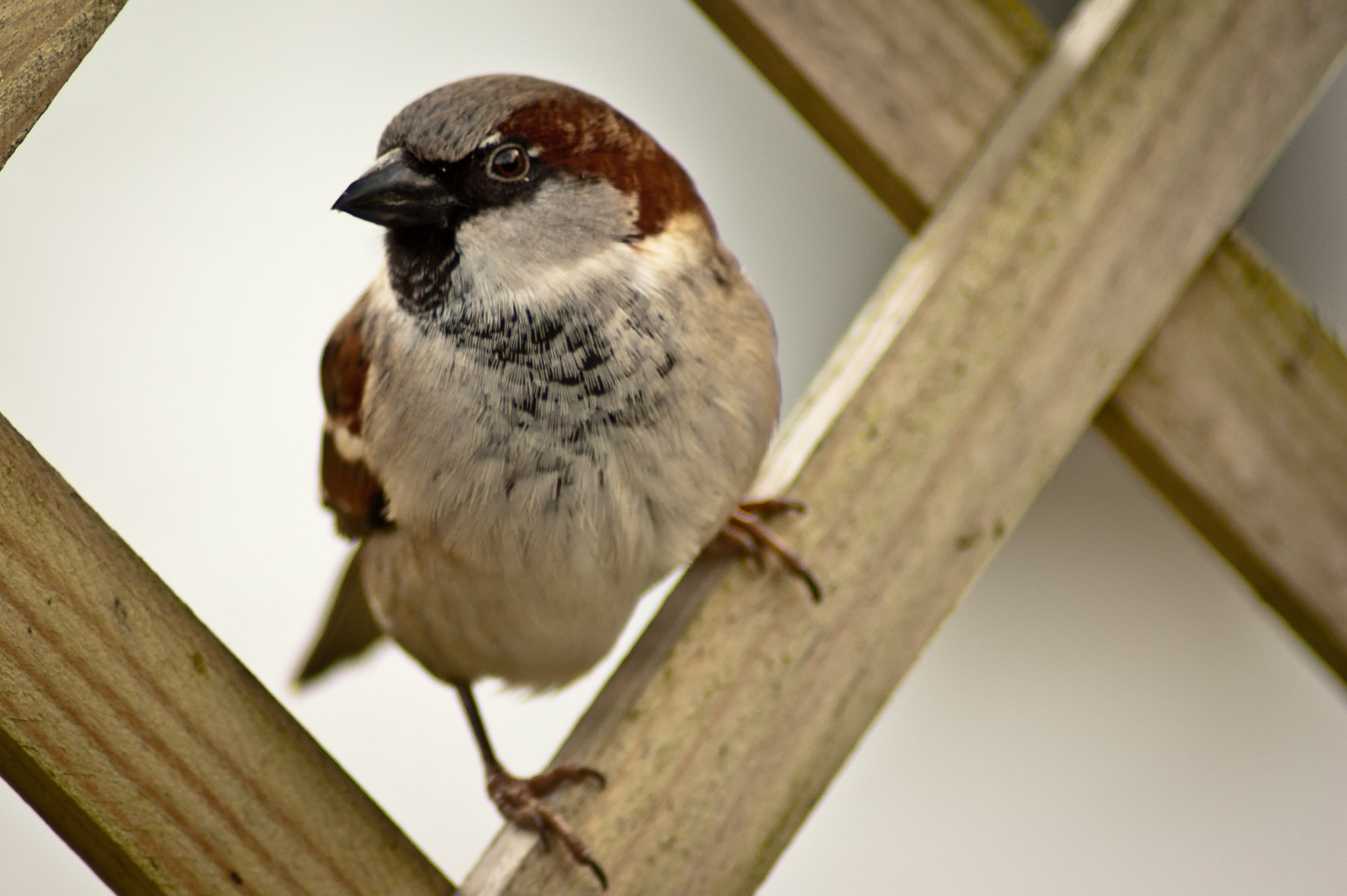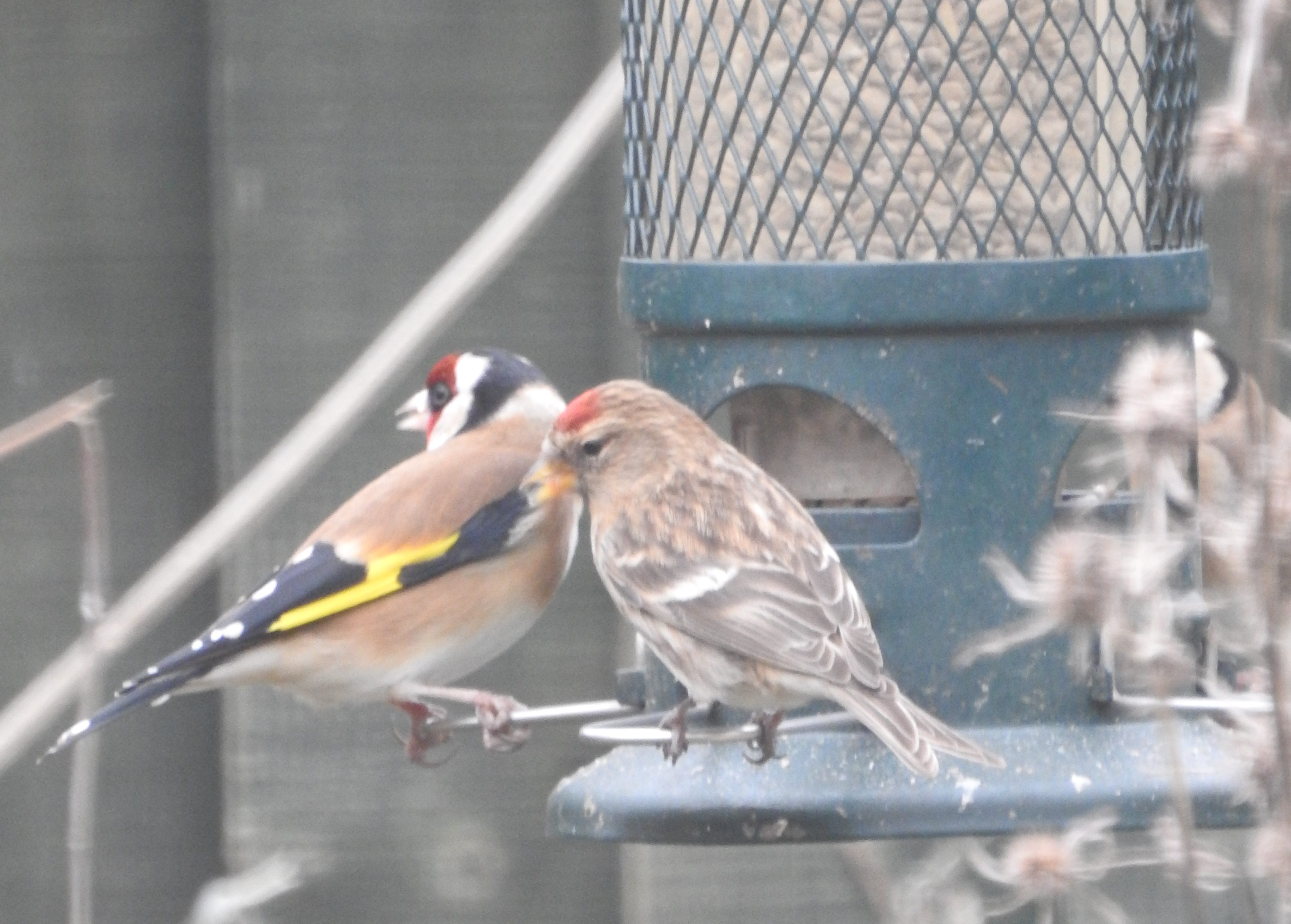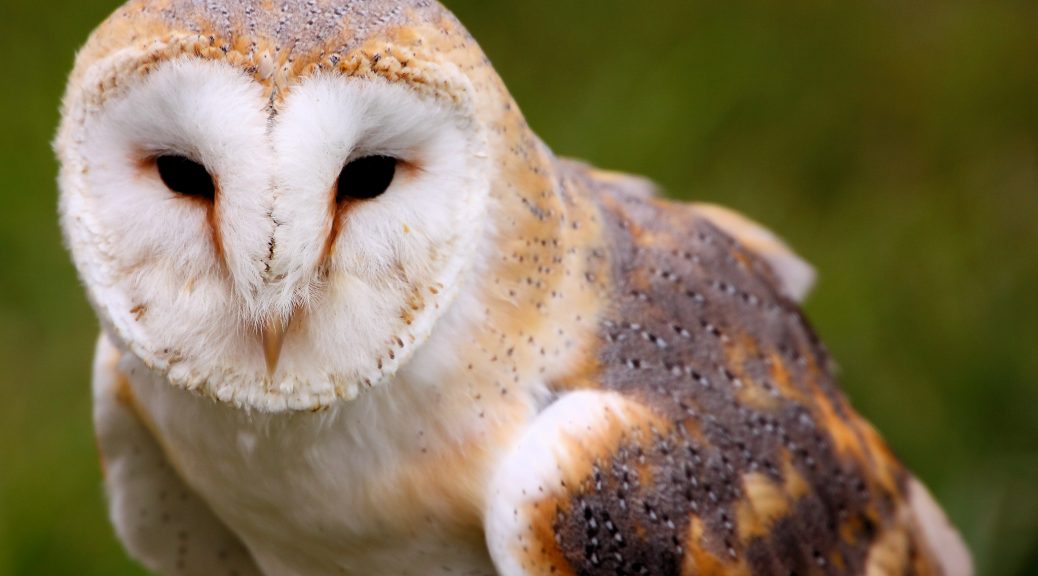Sky News reports the first wild white stork chicks have hatched in the UK for what is believed to be hundreds of years. The White Stork Project has been closely monitoring three nests at the Knepp estate in West Sussex. After a 33-day wait, six eggs hatched in two of the nests. It is believed the parents of the first hatchlings are the same pair that attempted to nest at Knepp last year, when their eggs failed to hatch. The parents have been seen incubating and regurgitating food for their offspring. White Stork Project officer Lucy Groves said it was a “nervous wait” after last year’s failed attempt. The last storks that were recorded breeding successfully in the wild nested on St Giles’ Cathedral in Edinburgh in 1416. The White Stork Project at Knepp aims to restore a population of at least 50 breeding pairs across the south of England by 2030.
Tag Archives: birds
Pollution: Birds ‘ingesting hundreds of bits of plastic a day’
BBC News reports birds living on river banks are ingesting plastic at the rate of hundreds of tiny fragments a day, according to a new study. Scientists say this is the first clear evidence that plastic pollutants in rivers are finding their way into wildlife and moving up the food chain. Pieces of plastic 5mm or smaller (microplastics), including polyester, polypropylene and nylon, are known to pollute rivers. Researchers at Cardiff University looked at plastic pollutants found in a bird known as a dipper, which wades or dives into rivers in search of underwater insects.
Birds of prey persecution increases in lockdown
BBC News and The Daily Mail report the RSPB says it has been overrun with reports of birds of prey being illegally killed since the start of the lockdown 6 weeks ago. According to the charity the vast majority of incidents have been reported close to large estates used for game bird shooting.
The head of the RSPB investigations unit said it was like the ‘wild west’ out in the countryside with those wanting to kill birds of prey emboldened by the lack of walkers and hikers. At this time of year the charity would normally be getting 3 or 4 reports of killings a week, they are now getting 3 or 4 a day. Deaths include red kites, falcons and buzzards. RSPB described the killings as ‘orchestrated’.
Photo of dead buzzards by soundslogical under creative commons.
Declining house sparrow shows signs of feeling chirpy again

The Times reports the cheering chirruping of house sparrows, once common in gardens, has declined drastically over the past four decades. A generation after numbers plummeted, however, there is hope.
At the 41st annual birdwatching weekend held in January an average of 4.7 house sparrows were seen, prompting hopes that they have turned the corner. Almost 1.3 million house sparrows were seen over the weekend. Experts believe the mild winter may have helped smaller birds, which are susceptible to cold conditions.
Garden birdwatching: the wildlife travel drama on your doorstep

THE GUARDIAN reports we may be stuck indoors but the skies are a source of ornithological wonder. Experts reveal what’s out there, where to look – and how to get competitive about it.
Some of us have always scrutinised the skies above our homes and gardens but the Covid-19 crisis has turned this activity into something of a movement, sparked by Matteo Toller of Udine in north-east Italy who recently se up #BWKM0 (birdwatching at zero km) on Twitter to help people record their sightings, share knowledge and show solidarity during the country’s lockdown.
Matteo himself recorded 51 species from his windows in 12 hours earlier this month, including brambling, black stork, goshawk and the first house martins migrating north.
Barn owls saved from illegal trader
ITV news report a man who illegally kept and sold barn owls in his back garden has been forced to surrender the animals.
Lee Wellings had kept the owls in aviaries at his home address in Scholar Walk, Walsall.
Last December officers discovered six of the protected species after executing a search warrant alongside the National Wildlife Crime Unit.
Farmland birds see decline of 55 per cent in the last 50 years, Defra reveals due to lack of hedgerows and use of pesticides
The Telegraph reports farmland birds have seen a decline of 55 per cent in the last 50 years, Defra has revealed, as a lack of hedgerows and overuse of pesticides are given the blame.
For some birds, farming has been particularly devastating; corn buntings, grey partridges and tree sparrows, all of which are highly dependent on farmland, have experienced declines of more than 90 per cent since 1970.
Turtle doves have seen their numbers halve in the five year period of 2012 to 2017, with long term declines of 98 per cent.
Defra has been monitoring 19 species of farmland birds, and has found that over the shorter term the fall has been less drastic – bird numbers overall fell by 6 per cent between 2012-17.
Goshawks: The rare bird of prey returns to the New Forest
The BBC reports there were 20 goshawk breeding pairs recorded in 2011 in Hampshire, but Forestry England says there are now 40 pairs living in the New Forest alone. The woodland raptors are nicknamed the “Phantoms of the Forest” due to their elusive nature.
If you want to know more about Goshawks you can check out the write up of our FNW talk on goshawks from Dave Burges.
British holidaymakers warned off ‘macabre’ turtle dove shooting trips
The Telegraph reports British holidaymakers have been warned off going on shooting holidays to kill rare turtle doves, which migrate from the UK across Europe. At least least two British companies offer shooting holidays to Morocco, allowing interested parties to slaughter the endangered birds for fun in the country where it is legal to do so.
Shooters have been condemned as these are migratory birds who fly from the UK to Morocco – so those who kill the turtle doves are destroying the very birds the government is trying to protect. Turtle doves have suffered a 94 per cent UK population decline since 1995 and a 78 per cent decline across Europe since 1980. The RSPB has warned that the species could soon “be lost forever”.
Climate change ‘has affected a third of UK bird species’
The BBC reports climate change has affected the numbers of about a third of the bird species seen in UK hedgerows and gardens, according to a new study. Research by the British Trust for Ornithology (BTO) has shown an increase in some garden birds like goldcrests as they profit from warmer temperatures.
But it said increased UK temperatures had had an impact on the decline of birds such as cuckoos and turtle doves. Both species have seen population drops of more than 80% in the past 30 years.

